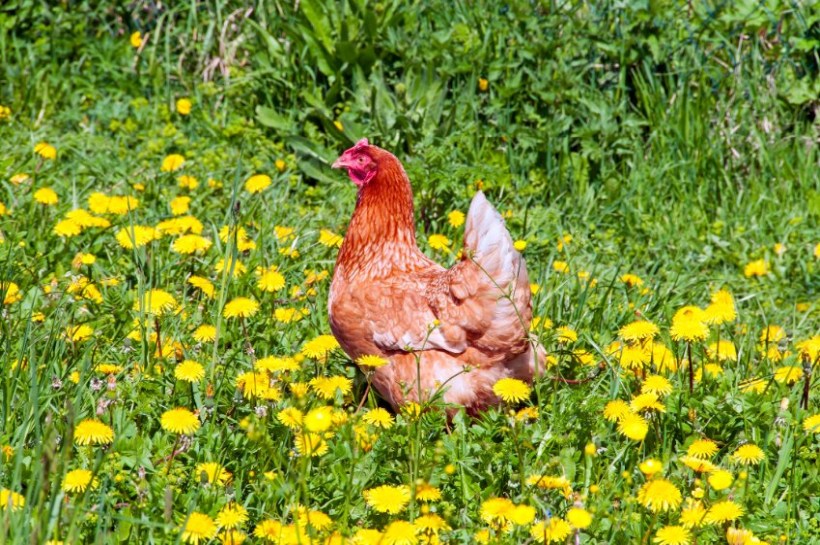
Lloyds Bank has announced a new sustainability service which will see discounted lending provided to farmers to help them transition to net zero.
The bank is working with the Soil Association to pilot the new service, called the Soil Association Exchange.
The scheme is designed to help farmers accelerate their move to net zero and identify financial and environmental advantages for their land.
The Exchange covers soil health, carbon emissions, water quality, biodiversity, animal health, and the social and community impacts of the farm.
Lloyds Bank says it will fund the service for up to 1,000 of its largest agriculture customers.
In addition, the bank will offer discounted finance for initiatives that make farms more sustainable, with one percentage point margin discount lending available from this week on loans of up to £50,000.
Lee Reeves, UK Head of Agriculture at Lloyds Bank, said: “The introduction of the Exchange, a new, practical sustainability service, will help farmers unlock the benefits that becoming more environmentally sustainable can bring.
"We want to help farms tackle the root causes of these challenges, accelerating their steps to meet net zero ambitions and to become more economically and environmentally sustainable in the medium and long term."
Responding to the new scheme, Minette Batters, NFU president, said it was important for investors to back "climate-smart farming with business resilience".
"Lloyds will help deliver this with on-the-ground, practical support to farms across the UK," she said, “farmers are crying out for specialist expertise to baseline and prioritise their progress to net zero.
"I hope the Exchange service and the specialist finance for green initiatives will go a long way to help businesses unlock how being more sustainable can bring multiple benefits, and I’m excited to see how this develops."
The Exchange, currently being piloted, will involve data collection, farm visits, practice and impact scenario tools, the creation of farm action plans and reviews to measure impact of changes over time.
